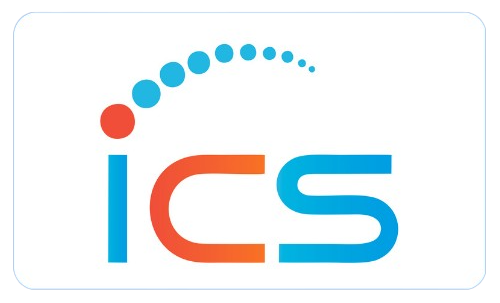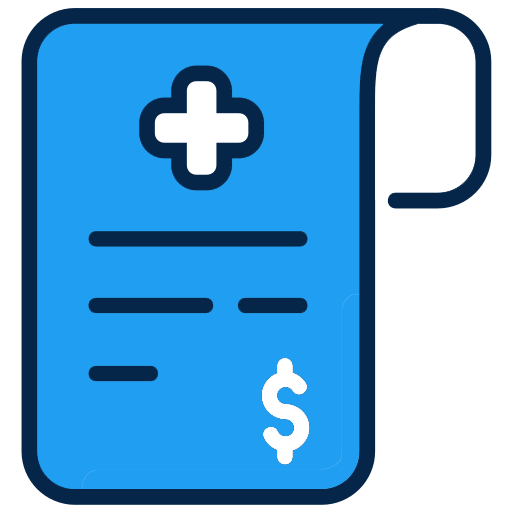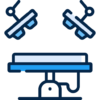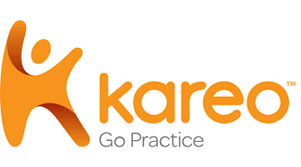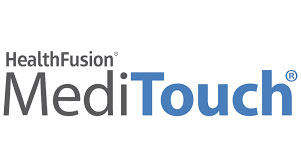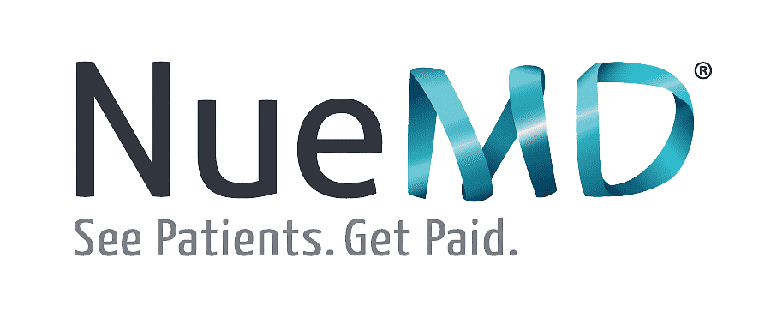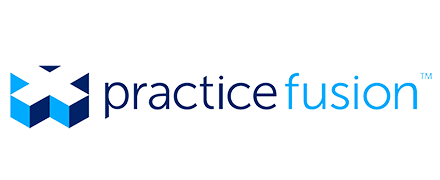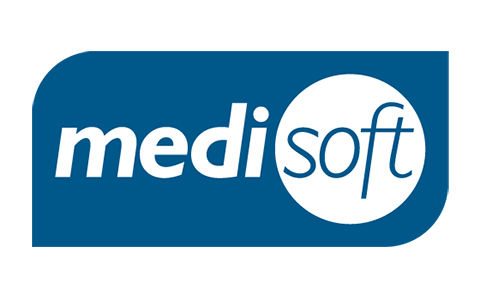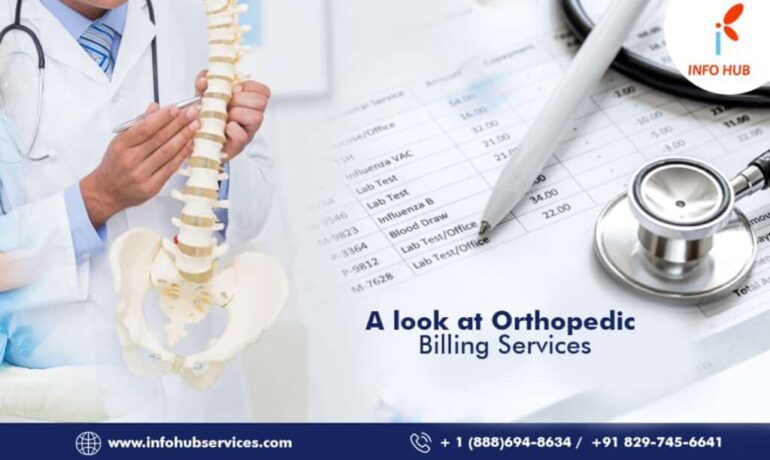The increasing complexity in Orthopedic billing services has made Orthopedic practices and individual practitioners to think to consider outsourcing. Before we get into benefits of outsourcing, it is important to know challenges in Orthopedic billing services. Orthopedic billing completely relies on proper documentation of pre, post and during patients’ visit to practice. Since the number of services provided by Orthopedic care is highly different from other diagnostic methods, it requires intensive focus on billing documentation.
Challenges in Orthopedic billing
Among several challenges in orthopedic billing, procedure codes for orthopedic surgery billing play a key role. Here are the coding challenges that any orthopedic care highly faces in billing:
#1: Incorrect codes
Billing related to fractures and their associated types can cause loss of revenue or rejection of claims if incorrect codes are applied while submitting claim applications. For example, when one or more fractures occur to patient with different surgical procedures, the initial encounters should only have all the first procedure codes to be specified during billing.
#2: CPT guidelines
A trained medical coder should know all the CPT guidelines and pay attention towards the terms used in physician documentation. With the changing medical billing guidelines of payers, it is mandatory to be up-to-date with the coding numbers and terms used during physician documentation. This will make sure that all the latest rules and guidelines are followed and implemented while claims submission.
#3: Appropriate anatomical coding
Anatomical coding is applicable only once per surgical procedure and should be billed individually for unique procedures when carried out to a patient i.e. one code for one procedure when performed. If multiple anatomical areas are operated, then multiple codes are applied. Most importantly, medical coders should have great expertise in understanding and specifying the appropriate anatomical location and laterality. This ensures accurate and flawless medical billing.
#4: Coding for Arthritis
While coding for arthritis, a coder should be highly careful since it involves no specific codes for primary and secondary arthritis. But recent changes in payer codes, within secondary arthritis, you can see multiple codes for post traumatic osteoarthritis and secondary arthritis too.
#5: External Fixation
Internal and external fixations are two different concepts in orthopedic billing. If internal and external fixation is not listed as part of the basic procedure, then the respective codes for both have to be specified while billing. Not only Medicare will have changing rules and guidelines for coding but also private payers may also have the same.
Conclusion
Orthopedic billing involves critical coding challenges and even requires orthopedic surgeons to be very skeptical and describe every action they perform during pre and post-surgical procedures. By doing so, it makes easy for coders to apply appropriate codes and help medical billers correctly bill and implement consistent and profitable healthy revenue management cycle.
To streamline your orthopedic medical billing system, an expert medical billing partner’s intervention is necessary. Info Hub Consultancy Services can be your offshore medical billing company that has highly experienced billers and coders to submit clean orthopedic claims and stabilize your billing process.
